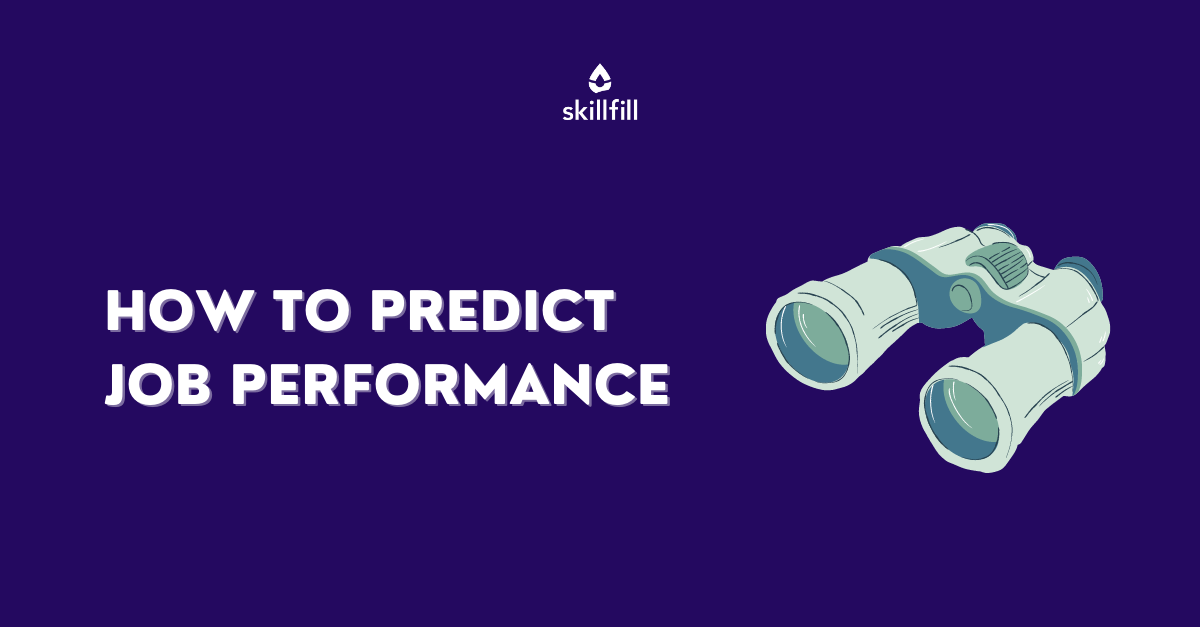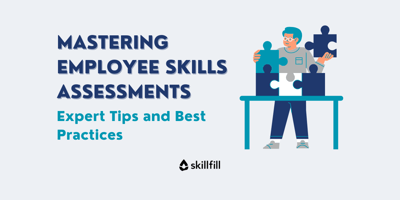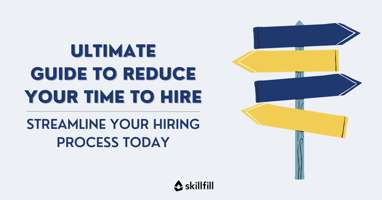Recruitment agencies play a crucial role in helping organizations find and attract top talent. In...
How to Predict Job Performance
Introduction
Finding the right candidate for a job position is a hard task. High-performing employees are invaluable assets, and employers are continuously seeking ways to identify and nurture talent. Both organizations and candidates need to understand the factors that contribute to job performance, to align the employees skills with the role. This guide explores the predictors of job performance, offering insights and strategies to help individuals and organizations excel in their professional endeavors.

The Importance of Job Performance
Job performance is the measurement of an individual's ability to effectively carry out their responsibilities and achieve desired outcomes in the workplace. It includes various dimensions, including productivity, work quality, innovation, teamwork, and adaptability. Organizations that value job performance are more likely to achieve their goals, experience higher employee satisfaction, and maintain a competitive edge in the market.
Predictors of Job Performance
1. Skills and Knowledge: Building Blocks of Success
A crucial predictor of job performance is the possession of the necessary skills and knowledge relevant to a specific role. Individuals who are experts in their respective fields are more likely to perform tasks efficiently and deliver high-quality results. Continuous learning and professional development play a fundamental role in acquiring and enhancing these skills. Skill assessments or pre-employment tests are excellent tools to understand if the candidates or employees have enough knowledge to succeed at the job. Learn more about skill assessments here.
2. Motivation and Engagement: Fuels for Success
Motivation and engagement play an important role to achieve a positive job performance. When employees are intrinsically motivated and genuinely engaged in their work, they demonstrate higher levels of productivity, creativity, and commitment. Employers can foster motivation by providing challenging assignments, recognizing achievements, and promoting a positive work environment.
3. Personality Traits: Unleashing Potential
Certain personality traits have been linked to job performance. But keep in mind: different roles require different traits. There is no one-fits-all personality type that will result in a good job performance. However, there are traits that are common to a wide range of professions, such as, conscientiousness, emotional intelligence, adaptability, and resilience. Assessing these traits during the hiring process can help identify individuals with a higher likelihood of performing well in the role.
4. Job Fit: Aligning Passions and Purpose
Job fit refers to the alignment between someone' skills, interests, and values with the requirements and culture of the organization. When employees feel this fit, they are more likely to be satisfied with their work, perform at their best, and remain committed to the organization. Effective recruitment and selection processes that focus on assessing job fit lead to improved job performance. With skillfill.ai skill assessments, recruiters free up time to focus on the job fit, since we take care of quickly assessing the technical skills of the candidates.
Strategies for Improving Job Performance
Enhancing job performance requires a proactive approach that combines individual efforts with organizational support. Here are some strategies to maximize performance in the workplace:
1. Goal Setting and Clear Expectations: Pathway to Success
Establishing clear and challenging goals gives individuals a sense of direction and purpose. Clear expectations help employees understand what is expected of them and enable them to prioritize tasks effectively. Regular feedback and performance evaluations can further align goals and expectations, allowing for continuous improvement. Clear expectations and transparent channels of communication are even more relevant in remote workplaces, where organizations often work asynchronously.
2. Training and Development: Empowering Growth
Investing in employee training and development programs fosters skill enhancement and supports professional growth. By providing opportunities to acquire new knowledge and develop relevant competencies, organizations empower individuals to perform their jobs more effectively, and stay up to date with the latest technologies and information. Continuous learning also promotes adaptability and innovation in a rapidly evolving business landscape.
3. Supportive Leadership: Catalyst for Excellence
Effective leadership plays a crucial role in driving job performance. Leaders who provide guidance, support, and constructive feedback create an environment conducive to success. They inspire and motivate their teams, fostering a culture of high performance and continuous improvement.
4. Work-Life Balance: Nurturing Well-being
Maintaining a healthy work-life balance is vital to perform well at the job. Employees who can manage their personal commitments alongside their professional responsibilities feel lower stress levels, increased job satisfaction, and higher productivity. Encouraging work-life balance through flexible scheduling, remote work options, and supportive policies contributes to overall job performance.
Conclusion
Job performance is a complex concept influenced by various factors. This article explored the predictors of job performance and provided strategies to optimize it effectively. By leveraging skills and knowledge, cultivating motivation and engagement, considering personality traits and job fit, and implementing innovative strategies, individuals and organizations can unlock their full potential and achieve outstanding results. Remember, job performance is not a static measure but an ongoing journey of growth and improvement.
ASSESS TECH TALENT BEYOND CVs
Start today your 14-day free-trial and identify the best tech talent to join your team.



